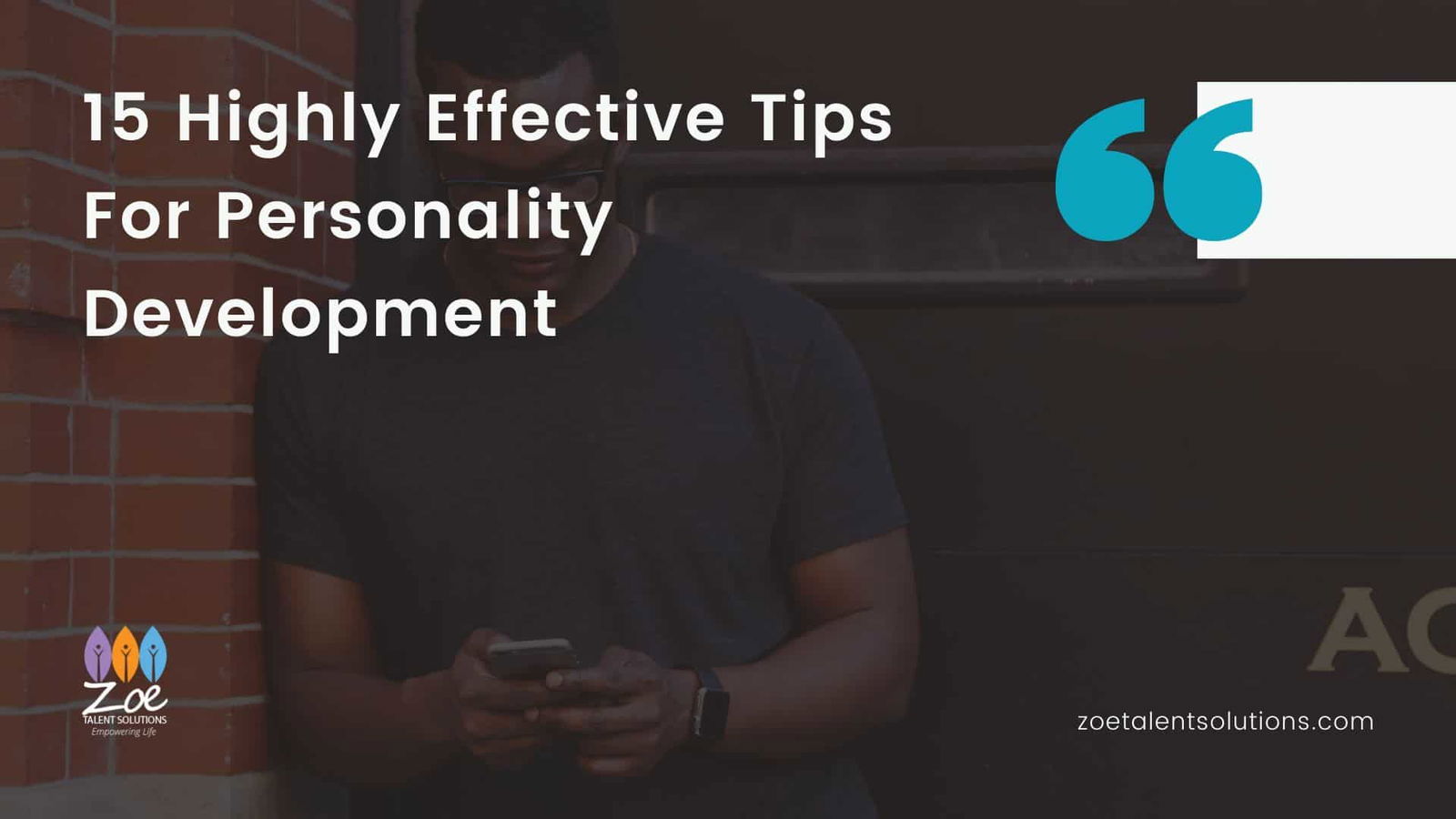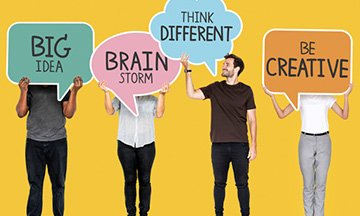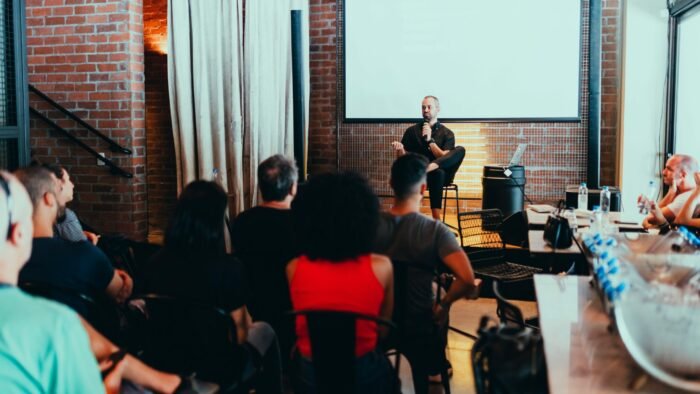Are you interested to improve your personality development skills?
Personality is defined as the blend of qualities that makes a person unique from the other folks. It mostly
arises from within and makes you who you are. Your personality is judged by your way of talking, confidence,
values, behaviour and education which makes you interesting and likeable to be with.
Everybody wants to have a charming and dazzling personality and almost 85% of your success depends
upon your good personality. Some say that having a good personality is far more vital than good looks.
Having a good personality makes you attractive than ever.
The best thing is that you can enhance your personality as much as you want using tips, tools and techniques.
Here are the top 15 awesome and highly effective personality development tips which will take your
personality to the next higher level to excel in every walk of life.














![Mastering Personality Style Adaptability Tactics [5 Benefits] 19 Mastering Personality Style Adaptability Tactics](https://zoets.b-cdn.net/wp-content/uploads/2024/02/2ojpb-e1709053841881.jpg)
![How to Improve Interpersonal Skills? [6 Steps] 20 How to Improve Interpersonal Skills](https://zoets.b-cdn.net/wp-content/uploads/2024/02/pexels-fauxels-3184357-scaled-e1708708387711.jpg)


![Stress Management Techniques for Administrative Professionals [Best 7] 23 Stress Management Techniques for Administrative Professionals](https://zoets.b-cdn.net/wp-content/uploads/2024/02/pexels-mikhail-nilov-8297240-scaled-e1708541459861.jpg)
![Building Strong Interpersonal Relationships as an Administrator [8 Steps] 24 Building Strong Interpersonal Relationships as an Administrator](https://zoets.b-cdn.net/wp-content/uploads/2024/02/pexels-fauxels-3184285-scaled-e1708540301479.jpg)